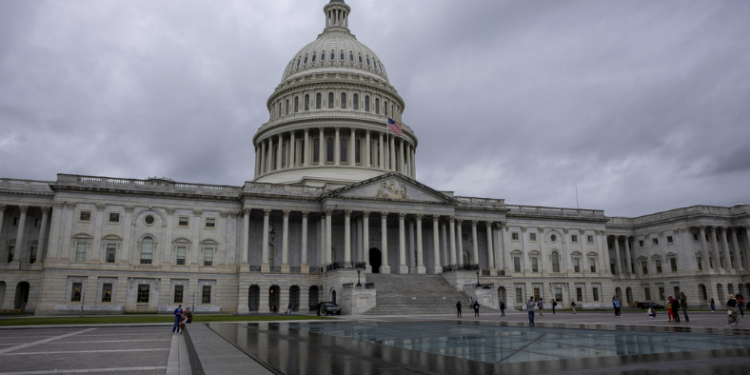Nov 28, 2024 Story by: Editor
In the impoverished settlement of Epworth, on the outskirts of Zimbabwe’s capital Harare, 19-year-old Sithulisiwe Moyo waited patiently for two hours at an outreach clinic to receive birth control pills. Holding her infant daughter, Moyo expressed her determination to prevent another pregnancy. “I am too young to be a baby-making machine,” she said. “At least this clinic helps me avoid another pregnancy.”
However, the free clinic, funded by the U.S. government, faces an uncertain future. With the potential reinstatement of the “global gag rule” by President-elect Donald Trump, such services might be severely impacted. The policy, which prohibits U.S. foreign aid from funding abortion-related services or information, could cut off critical healthcare funding that communities like Epworth rely on.
A Controversial Policy with Global Impact
The global gag rule, first introduced in the 1980s under Republican administrations, has been repeatedly applied by GOP presidents and rescinded by Democratic presidents. During Trump’s first term, the policy’s expansion led to a loss of $600 million in U.S. family planning funds and over $11 billion in global health aid between 2017 and 2018, as reported by the U.S. Government Accountability Office.
This funding supported initiatives to combat diseases such as malaria and tuberculosis, provide clean water, and offer contraception. The policy also had significant repercussions on HIV prevention and family planning services in countries heavily dependent on U.S. aid.
The Toll on African Communities
In Zimbabwe, NGOs like Population Services Zimbabwe (PSZ), an affiliate of MSI Reproductive Choices, felt the brunt of the gag rule. PSZ closed its outreach clinics during Trump’s first term after losing funding due to its association with MSI, an organization that advocates for abortion rights. These clinics often provide the only accessible healthcare for rural communities.
“It leaves women with no place to turn for help, even for information,” said Whitney Chinogwenya, global marketing manager at MSI Reproductive Choices. The lack of funding led to a $120 million drop in donor income for MSI, affecting 8 million women globally and resulting in increased unintended pregnancies, unsafe abortions, and pregnancy-related deaths.
In Epworth, women like 30-year-old Engeline Mukanya, who struggles to support her three children on $100 a month, depend on these services. Mukanya received a birth-control implant at the clinic, which will prevent pregnancy for five years. Private providers charge $20 to $60 for similar services—costs many cannot afford. “We are so far from America, yet we are caught in the crossfire of its politics,” she lamented.
Advocates Sound the Alarm
Women’s health advocates are deeply concerned about the implications of the gag rule’s reinstatement. Pester Siraha, director of PSZ, warned that Trump’s administration could enact an even stricter version of the policy, citing recommendations from the conservative Heritage Foundation’s Project 2025 plan.
Siraha estimated that 1.3 million women in Zimbabwe could lose access to essential care, leading to 461,000 unintended pregnancies and 1,400 maternal deaths. “You need a minimum of five years to have an impact. If we then have another gap of five years, it means we are reversing all the gains,” she said.
The broader African continent has also experienced setbacks. Countries such as Uganda, Kenya, Ethiopia, and South Africa saw the closure of clinics and reductions in services, including contraception and training for healthcare workers.
Balancing Principles and Survival
Some NGOs have been forced to choose between maintaining their pro-choice principles and securing funding to continue other vital health services. According to a 2019 report by Rhodes University and the International Women’s Health Coalition, some organizations altered their guidelines and public information to comply with the gag rule. “Ultimately, these organizations will have to make this difficult decision,” the report noted.
A Fight for Reproductive Rights
Despite these challenges, organizations like MSI are lobbying for alternative funding and global support. “Trump’s reelection may embolden the anti-choice movement, but the fight for women’s reproductive rights is non negotiable,” said Chinogwenya.
The reinstatement of the gag rule would exacerbate an already dire situation for women in impoverished communities. For many, the ability to access family planning services is not just a healthcare issue but a lifeline. “All we want is the freedom to space our births,” said Mukanya, echoing the sentiment of countless women who rely on these vital services.
The future of family planning programs in Zimbabwe and beyond remains precarious, highlighting the profound impact of global politics on the lives of vulnerable communities. Source: AP News

















